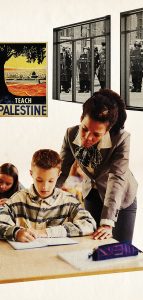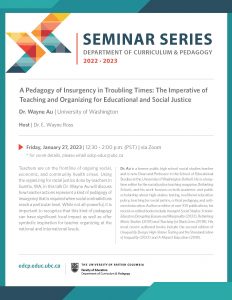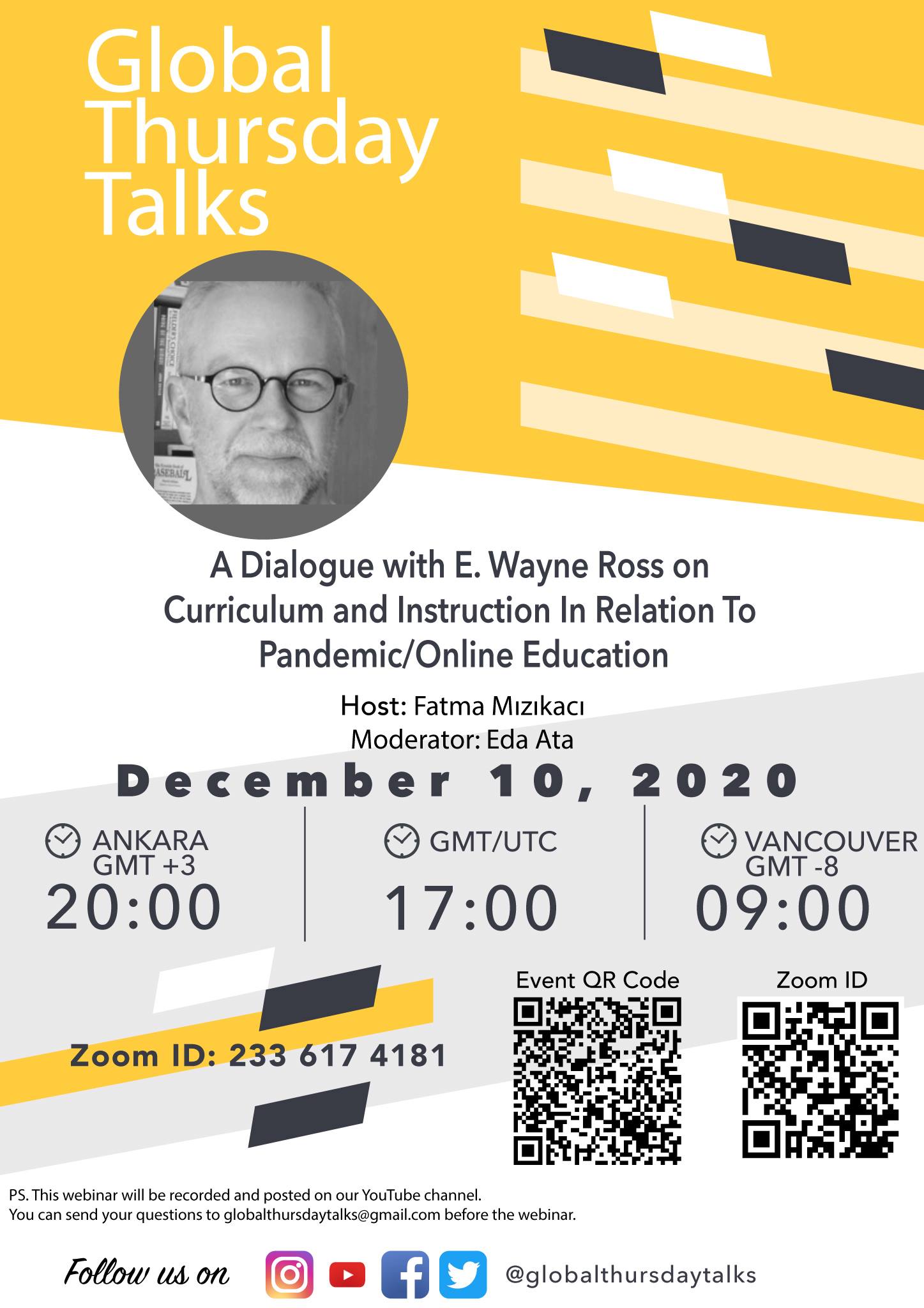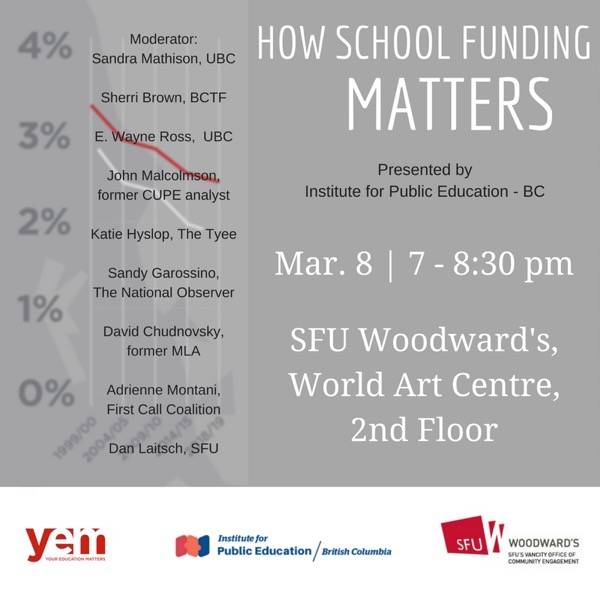Twenty-two million public school students, almost half of all children going to public schools, now live in states that have enacted restrictions on anti-racist teaching.
As a result, a 2023 RAND Corporation survey found that nearly two-thirds of teachers in the United States decided to limit discussions about political and social issues in their classrooms. The combination of repressive laws, takeovers of school boards, and firing or disciplining anti-racist and LGBTQ-inclusive educators has been a successful strategy for the right — causing teachers across the country to leave the profession and encouraging many who have stayed to avoid “controversial” topics.
Israel’s war on Gaza and the simultaneous crackdown on dissent has given another boost to the forces of repression. As this editorial went to print, Israel was starving Gazans by blocking food and aid while preparing a ground invasion of Rafah, Gaza’s southernmost city, previously labeled a “safe zone” to which the Israeli military had pushed more than 1.5 million Palestinians. The death toll in Gaza reached more than 31,000 — more than 13,000 of whom are children. Indeed, in November, when the death toll was much lower, the United Nations Secretary-General António Guterres warned Gaza was becoming “a graveyard for children.” Other U.N. officials — another demographic Israel’s bombardment has killed at alarming rates — have described conditions as “the worst ever” humanitarian crisis, a “living nightmare,” which is “absolutely unprecedented and staggering.”
At the beginning of March, almost all schools in Gaza, more than 70 percent of which “have sustained damage,” were being used as shelters for the 1.7 million internally displaced people. (For more on the attack on children and education, see ”Israel’s War on Gaza Is Also a War on History, Education, and Children”) The healthcare system was near total collapse with only 12 out of 36 hospitals “partially functional,” overwhelmed and unable to provide basic medicine and care.
On Jan. 26, the International Court of Justice (ICJ) ruled that there is a “real and imminent risk” that Israel is committing genocide in Gaza and, despite falling short of demanding Israel suspend its military operations, ordered six provisional measures to “prevent irreparable harm” to Palestinians. The case against Israel, brought by South Africa, documents an unfolding genocide against the Palestinian people, including “intentionally directing attacks against the civilian population, civilian objects and buildings dedicated to religion, education, art, science, historic monuments, hospitals, and places where the sick and wounded are collected; torture; the starvation of civilians as a method of warfare; and other war crimes and crimes against humanity.” It includes more than a dozen public admissions from Israeli political and military leaders like that of security cabinet member Avi Dichter that Israel is “rolling out the Gaza Nakba” — referring to the ethnic cleansing of Palestinians and seizure of land in 1948.
Yet despite the mounting evidence, and despite being taken to federal court for its failure to prevent this unfolding genocide, the Biden administration refuses to even place conditions on the more than $10 million in aid the United States provides Israel daily. Indeed when Israel, shortly after the ICJ ruling and without evidence, accused 12 U.N. Relief and Works Agency (UNRWA) staff of being involved in Hamas’ Oct. 7 attack, the Biden administration immediately announced that it would cut aid to UNRWA — the largest humanitarian aid organization in Gaza. The United States is now funding genocide while simultaneously defunding those attempting to prevent it.
Educators of conscience everywhere should be — and are — discussing this in the classroom. But teachers who attempt this difficult task have been met with increasing repression. Even showing support for Palestinians online has been cause for disciplinary action.
Four teachers in Montgomery County, Maryland, were placed on administrative leave for public expressions of support for Palestinians. A charter school in Los Angeles fired two 1st-grade teachers and placed their principal on leave after one teacher revealed on Instagram they had taught a “lesson on the genocide in Palestine.” School authorities placed another 1st-grade teacher in Palm Beach, Florida, on administrative leave after she sent a letter to her district’s leadership asking them to “publicly recognize the Palestinian community” in their communications about the crisis. The Decatur, Georgia, school district suspended their equity coordinator for sharing “Resources for Learning & Actions to Support Gaza.”
Fueled at the highest levels of government, this is part of a broader crackdown on those who speak up for Palestinian rights. After a congressional hearing where mostly Republican lawmakers grilled the presidents of Harvard, MIT, and the University of Pennsylvania for five hours about Palestinian rights activism on their campuses and falsely equated that activism with antisemitism, two of the three presidents — including Claudine Gay, Harvard’s first Black president — resigned. Four universities — Columbia, Brandeis, George Washington, and Rutgers — have suspended campus chapters of Students for Justice in Palestine. The campus chapter of Jewish Voice for Peace was also suspended at Columbia. In Arizona, Tom Horne, the same state superintendent who led the campaign to shut down Tucson’s exemplary Mexican American Studies program, urged school districts to bar student clubs like Amnesty International and UNICEF because they “generate antisemitism among impressionable young people.”
This suppression of dissent — largely focused on educational institutions — is part of the broader wave of restricting social justice teaching. Like the educators removed for teaching about racial justice or creating safe and welcoming spaces for LGBTQ+ youth, many of the teachers accused of antisemitism are veteran educators with long histories of fighting racism and oppression.
Although antisemitism is certainly on the rise alongside a resurgence of white nationalism — most infamously on display in 2017 as demonstrators chanted “Jews will not replace us!” at the Unite the Right rally in Charlottesville — this white supremacist antisemitism is not what these anti-racist educators are being disciplined for. Indeed, many of the loudest voices equating criticism of Israel with antisemitism are encouraging the white supremacist resurgence. Take for example Rep. Elise Stefanik (R-NY), who led the House inquisition against university presidents. She previously ran campaign ads parroting the white supremacist “great replacement” theory: the idea that elite politicians are attempting to replace white Americans and their influence with non-white immigrants. “Radical Democrats” are planning a “PERMANENT ELECTION INSURRECTION,” claimed her ad, “Their plan to grant amnesty to 11 MILLION illegal immigrants will overthrow our current electorate and create a permanent liberal majority in Washington.” She also slammed New York’s plan to reopen schools after the COVID-19 pandemic — a plan that mentions racism four times in 263 pages — as “using COVID funds to force the radical and racist critical race theory agenda on our children.”
When Claudine Gay resigned as president of Harvard, Christopher Rufo, the architect of the conservative assault on anti-racist teaching, celebrated on Twitter, now rebranded as X. He wrote, “SCALPED.” In referring to the practice of white colonists who collected gruesome trophies as they sought to exterminate Native Americans, Rufo was claiming Gay’s resignation as a victory for the movement he helped initiate.
These racist pundits and politicians are escalating their suppression of anti-racist voices by mislabeling legitimate criticism of Israeli policy as antisemitism. Not only does this ignore the Jews across the country who have been at the forefront of the movement for a cease-fire, it also dangerously ties the fate of the Jewish diaspora to the war crimes of the Israeli government — strengthening real antisemitism. This harmful conflation is fueled by statements like President Biden’s at a White House Hanukkah event where he said, “Were there no Israel, there wouldn’t be a Jew in the world who is safe.” And it is also powered by school administrators who recklessly label teachers antisemitic and discipline them for attempts to teach about Palestine.
At an online forum titled “Fighting Antisemitism Through the Lens of Collective Liberation,” Jewish Voice for Peace Action Political Director Beth Miller explained,
All of these resolutions, these hearings, these speeches, this language coming out of the highest-ranking folks in our government, what it is doing is actively endangering Jewish communities and it is actively endangering Palestinian communities and excusing and fueling the ongoing genocide against Palestinians. Because to be clear: There is rising antisemitism in this country and it’s scary. And there is rising anti-Palestinian racism in this country and it is scary. And what Congress is doing is fueling both of them at the exact same time.
It is not the educators attempting to discuss the crisis in Gaza in their classrooms who endanger Jewish and Palestinian students — but those silencing these discussions and in doing so, preventing a deeper understanding that lifts up a diverse range of Jewish and Palestinian voices, and includes a critical look at what is — and what is not — antisemitism. (See “No, Anti-Zionism Is Not Antisemitism” introducing a new lesson to bring these discussions into the classroom.)
Despite how frightening it can feel as social justice educators at this moment, the more we let our fear silence us the more we allow this campaign of terror to win and creeping fascism to take hold. Instead, we should understand and take hope in the reason this backlash has grown in intensity: More people than ever are refusing to stay quiet in the face of racism and injustice. As author Naomi Klein — whose excellent chapters on the diverse Jewish intellectual tradition in her new book Doppelganger are now publicly available online — stated in a recent webinar when asked about the repression of critics of Israel, “The thing is that they cannot silence as many people as are speaking up right now. This is just in my view, one of those courage moments. Stick with it. It’s working. That’s why you’re getting so much propaganda thrown at you.” Indeed, the larger backlash against social justice teaching is an effort to roll back the many gains made during and after the 2020 Black Lives Matter uprising — where an unprecedented number of people took to the streets for racial justice.
So while being a social justice teacher right now can feel isolating, we are not alone. In December, several Rethinking Schools editors went to the National Council for the Social Studies conference and attended Amanda Najib’s session on Palestine. With standing room only, it was one of the most well-attended sessions at the conference. A growing number of teacher union locals from Seattle to Chicago to Massachusetts have called for a cease-fire. Despite intense repression, nearly 100 teachers signed up to participate in the Oakland, California, educators teach-in for Palestine. (See “What We Learned from Our ‘Oakland to Gaza’ K–12 Teach-In”) On Jan. 20, more than 90 teachers spent the day learning about and discussing how to teach about Palestine at a conference in Oakland put on by the Middle East Children’s Alliance. Our Zinn Education Project continues to average about 1,000 new registrants every month. It is clear there continues to be a growing hunger for social justice curriculum.
It’s more important than ever to build networks of solidarity and mutual aid — spaces where we can share how we are teaching about difficult topics like Gaza, where we can build a curriculum to challenge the dominant narrative that what is happening in Palestine began on Oct. 7, where we can defend one another in the face of repression. That is the task before us: to knit together and strengthen the networks of teachers, parents, and students that can take bold action and muster the defiance necessary to break through the backlash.
And we should draw courage from an understanding that any risks we face do not compare to the risks faced by those under Israel’s bombs — made in the U.S.A. As Palestinian poet Refaat Alareer, killed in an Israeli airstrike along with six members of his family on Dec. 7, powerfully pleaded:
If I must die,
you must live
to tell my story . . .
If I must die
let it bring hope
let it be a tale.







